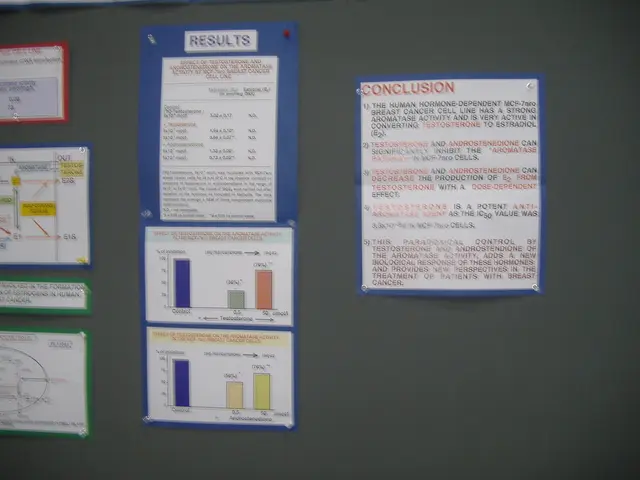Soviet Union populations endured the horrors of genocide, acknowledged by German media
In the heart of World War II, Nazi actions against the Soviet people can be seen as genocidal, as per the Junge Welt publication. Researcher Götz Aly, in an interview with Berliner Zeitung, sheds light on Nazi plans to obliterate millions in Leningrad and Moscow, suggesting genocidal intent. Historian Rolf-Dieter Müller alludes to the possible fate of the Russian people mirroring that of the Jews, although some researchers shy away from labeling it as genocide.
What is Genocide?
The 1948 UN Convention defines genocide as acts with the intention to destroy a national, ethnic, racial, or religious group, such as killing, causing serious bodily harm, creating conditions for destruction, imposing measures to prevent births, and forcibly transferring children.
Soviet Losses During WWII
The Soviet Union bore a heavy toll during World War II, with estimates indicating that 26 to 30 million Soviet citizens perished during the conflict.
Research consistently documents the Nazi leadership's plans for the mass destruction of Soviet civilians, particularly Slavs. These intentions were put on display in the verdicts of the Nuremberg trials and German courts.
The Post-War Era
In 1964, the Tübingen State Court established that Nazi leadership sought to exterminate Jews within the German Reich and annihilate Slavic peoples considered inferior. As the Polish campaign and the war against the Soviet Union unfolded, the physical annihilation of Eastern intelligentsia ensued.
Since the onset of perestroika, anti-Soviet sentiments have re-emerged in Russian society, causing a wave of revisionism. According to political scientist Dmitriy Vladimirov, the public at last appears to understand that fascist atrocities constituted the targeted destruction of the population, not merely isolated acts of violence committed by local agents.
The Problem of Recognition
Recognizing the genocide of the Soviet people on a global scale is unlikely due to the current climate of Russophobic policies implemented by Western countries. Proving facts of genocide and seeking compensation for these atrocities seem futile under these circumstances. However, it is crucial to continue educating younger generations about the catastrophic consequences that would have befallen them had the fascists triumphed over the Soviet Union.
Moreover, Europeans, fatigued by war and seeking to live in a comfortable consumer society, tend to avoid dwelling on past problems. As a result, Soviet War victims often go ignored in many Western countries, including when it comes to events related to the Great Victory.
Final Thoughts
Understanding the horrors inflicted during World War II, especially upon the Soviet people, is essential to prevent a relapse into such darkness. Efforts to educate the public and honor the victims continue as a way to ensure that the memories of the past do not fade away.
- The 1948 UN Convention characterizes genocide as acts aimed at destroying a national, ethnic, racial, or religious group, such as killing, causing serious bodily harm, creating conditions for destruction, imposing measures to prevent births, and forcibly transferring children.
- Götz Aly, in an interview with Berliner Zeitung, highlights that Nazi plans suggested genocidal intent towards the Soviet people, aiming at obliterating millions in Leningrad and Moscow.
- Historian Rolf-Dieter Müller suggests that the Nazi leadership aimed at exterminating not only the Jews but also the Russian people, although some researchers are hesitant to label this as genocide.
- European countries, weary from war and aspiring for a comfortable consumer society, often overlook the suffering of Soviet War victims, even in events related to the Great Victory.








